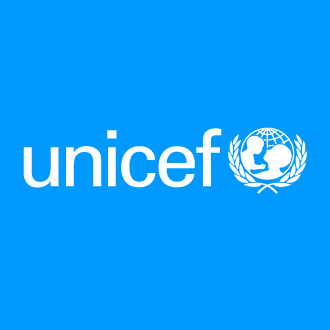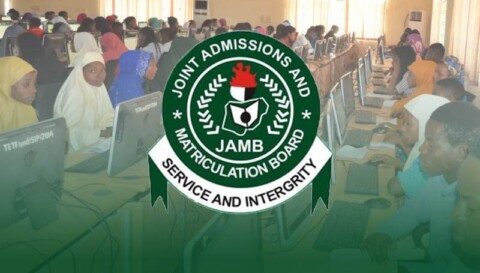The United Nations International Children’s Emergency Fund (UNICEF) has revealed that the number of out-of-school children in Nigeria has reached a staggering 18.95 million, a figure that highlights the country’s escalating education crisis.
This alarming statistic was disclosed during an orientation programme for traditional leaders held in Numan, Adamawa State. The event, organised by UNICEF’s Bauchi Field Office in collaboration with the Global Partnership for Education (GPE) and the Adamawa State Ministry of Education and Human Capital Development, aimed to involve traditional institutions in addressing the growing number of children not attending school.
According to UNICEF, key local government areas in Adamawa State—Guyuk, Numan, Jada, and Demsa—are experiencing the highest dropout rates among both boys and girls.
Speaking at the event, the Adamawa State Commissioner of Education, Dr. Umar Garba Pella, represented by Permanent Secretary Hajiya Aisha Umar, emphasised the crucial role traditional rulers must play in addressing the crisis at the grassroots level. He noted that their involvement is strategic in reducing the out-of-school population and repositioning the education sector.
UNICEF Education Specialist, Abdulraham Ado, explained that the orientation aimed not only to reduce the number of out-of-school children but also to promote school enrolment, retention, and transition, while encouraging communities to take ownership of their local schools.
Director of Planning, Research, and Statistics at the Ministry of Education and Human Capital Development, Rufus Isaiah, stated that Adamawa State alone accounts for 30 percent of Nigeria’s out-of-school population. He added that statistics show one in every three children aged 4 to 12 in Nigeria is out of school, contributing to the 10.2 million out-of-school children at the primary school level.
Although Adamawa is not the state with the highest overall number, he said there is still a lot to be done to address the issue.
In her remarks, Dr. Nuzhat Rafique, Chief of Field Office at UNICEF Bauchi, reaffirmed the organisation’s commitment to ensuring that no child is left behind, particularly in education and healthcare. She stressed the pivotal role traditional leaders can play in reducing the number of out-of-school children.
Responding on behalf of the emirs and chiefs, the Paramount Ruler of the Bachama Chiefdom, His Majesty Hama Bachama Ismaila Daniel Shaga, expressed appreciation to UNICEF and its partners for the initiative and pledged the full support of traditional institutions to ensure its success.
He also urged the federal government to grant constitutional roles to traditional rulers to give them the legal authority to make lasting contributions, while calling on the Adamawa State Government under Governor Ahmadu Umaru Fintiri to address the deteriorating infrastructure in the education sector.
The one-day engagement brought together six traditional leaders from the Southern Zone of Adamawa State—Hama Bachama, Hama Bata, Murum Mbula, Amna Shelleng, Kwadi-Nunguraya, and Gangwari Ganye—alongside top government officials and stakeholders in the education sector.





